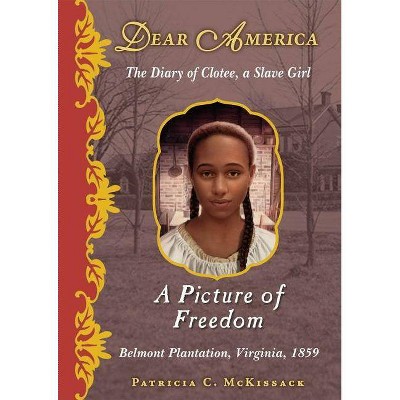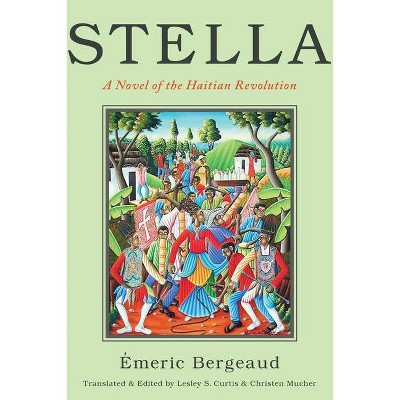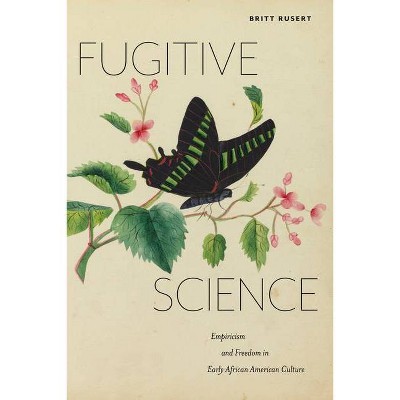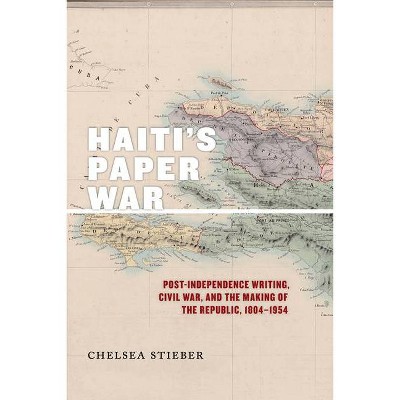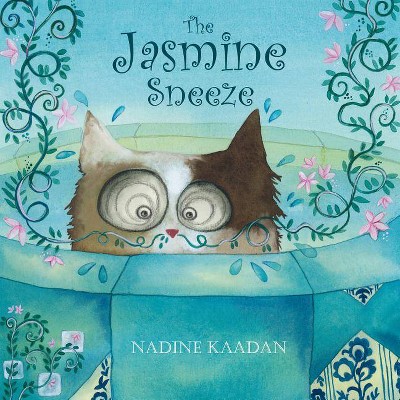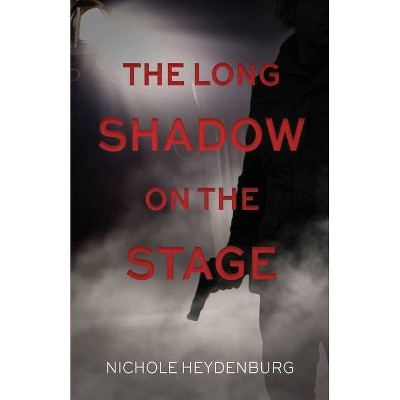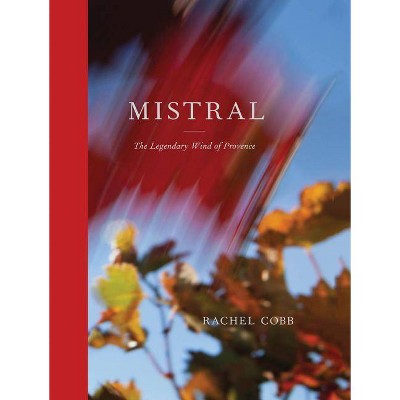Picture Freedom - (America and the Long 19th Century) by Jasmine Nichole Cobb (Hardcover)
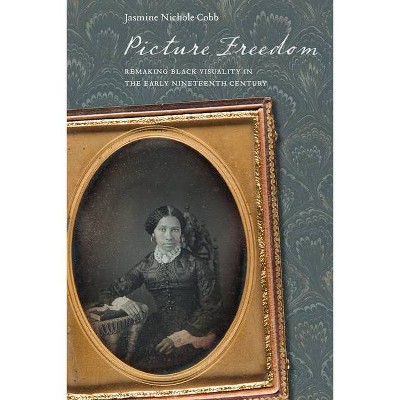
Similar Products
Products of same category from the store
AllProduct info
<p/><br></br><p><b> About the Book </b></p></br></br>"Also available as an ebook"--Title page verso.<p/><br></br><p><b> Book Synopsis </b></p></br></br><p>In the decades leading up to the end of U.S. slavery, many free Blacks sat for daguerreotypes decorated in fine garments to document their self-possession. People pictured in these early photographs used portraiture to seize control over representation of the free Black body and reimagine Black visuality divorced from the cultural logics of slavery. In Picture Freedom, Jasmine Nichole Cobb analyzes the ways in which the circulation of various images prepared free Blacks and free Whites for the emancipation of formerly unfree people of African descent. She traces the emergence of Black freedom as both an idea and as an image during the early nineteenth century. </p> <p/><br><p>Through an analysis of popular culture of the period--including amateur portraiture, racial caricatures, joke books, antislavery newspapers, abolitionist materials, runaway advertisements, ladies' magazines, and scrapbooks, as well as scenic wallpaper--Cobb explores the earliest illustrations of free Blacks and reveals the complicated route through visual culture toward a vision of African American citizenship. Picture Freedom reveals how these depictions contributed to public understandings of nationhood, among both domestic eyes and the larger Atlantic world.</p><p/><br></br><p><b> Review Quotes </b></p></br></br><br>Beautifully written and theoretically sophisticated, Picture Freedomis an absolute gem in its engagement with nineteenth-century visual culture, black subjectivity, and representations of freedom. Through exciting archival work that brings to light a stunning photographic history, Cobb centers black women in the history of nineteenth-century visual culture as consumers and producers of ideas and images of emancipation. One of the books most significant contributions is its astute theorization of the relationship between photographic practices, black interiority, and public culture. I love this book!--Nicole R. Fleetwood, author of Troubling Vision: Performance, Visuality, and Blackness<br><br>Picture Freedom provides a unique and nuanced interpretation of nineteenth-century African American life and culture. Focusing on visuality, print culture, and an examination of the parlor, Cobb has fashioned a book like none other, convincingly demonstrating how whites and blacks reimagined racial identity and belonging in the early republic.--Erica Armstrong Dunbar, author of A Fragile Freedom: African American Women and Emancipation in the Antebellum City<br><br>This is a book that will become one of the most influential sources for African American visual culture.-- "Winterthur Portfolio"<br><br>This notion of the domesticated in its most politicized registercitizenshipis at stakePicture Freedom: Cobb reminds us in ways both telling and unforgiving that & Black freedom is not Black citizenship.-- "Journal of American History"<br>
Price History
Price Archive shows prices from various stores, lets you see history and find the cheapest. There is no actual sale on the website. For all support, inquiry and suggestion messagescommunication@pricearchive.us
